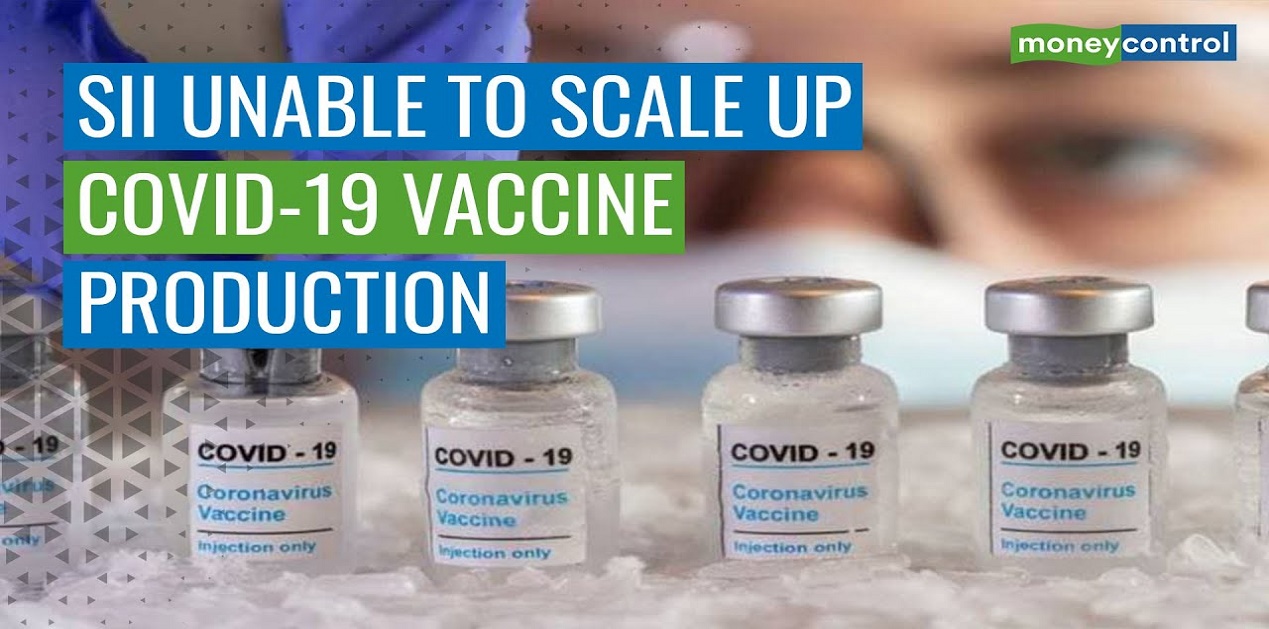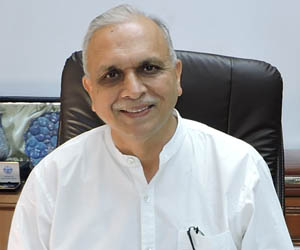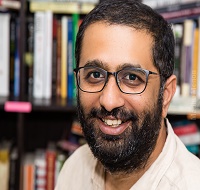The current public health crisis in India is devastating. On April 22, 2021, India recorded 332,921 COVID-19 cases and over 2,000 fatalities. It is unlikely that the second wave of the pandemic will level out anytime soon. The desperate need for oxygen, medical supplies, and hospital beds has overwhelmed public and private health facilities. Clearly, the state machinery will need to be mobilized in this war against the fast-spreading disease that appears to mutate in different ways and forms at a shattering speed.
To arrest this crisis, there is an equally urgent need to accelerate India’s vaccine drive. India, as is well known, is one of the world largest producers of COVID-19 vaccines. “Made-in-India” vaccines have been delivered—by way of aid and under commercial contract—to 95 countries across the globe. From Argentina to Bangladesh and El Salvador to Sierra Leone, India has distributed 66.2 million vaccines to date.
However, India is currently facing an acute vaccine shortage at home. On April 19, the Indian government announced that Indians above the age of eighteen will be eligible to get their shots. Making sure that the tens of millions of Indians are able to access vaccinesis the only way in which a country as geographically challenging as India will be able to turn the tables on this fast-moving disease.
Yet, without the support of Joe Biden’s administration in Washington, this ambition—of delivering vaccines across India—is at risk of remaining just that, an ambition.
In April 2020, then U.S. president Donald Trump invoked the United States Defense Production Act (DPA), a law that grants the U.S. President significant emergency authority to direct domestic industries. As Trump made clear, the order was meant to “save lives by removing obstacles in the supply chain that threaten the rapid production of ventilators.” In February 2021, Biden announced a set of plans to hasten inoculations. In March 2021, Biden vowed that vaccines will be available for “every adult in America by the end of May.”
On the first two working days of the Biden administration, on January 20 and 21, 2021, the President signed Executive Orders 13987 and 14001. The aim of these measures was to ensure “a sustainable public health supply chain.” In effect, this meant that manufacturers in the United States, and those registered in the United States but based in Europe and other parts of the world, needed to prioritize supplies for the domestic market within the United States.
Given the globally connected nature of supply chains, Biden’s vow has had other anticipated effects. It means that crucial products like bags and filters, cell culture medias, single-use tubing assemblies, and other raw materials crucial for the production of vaccines in other parts of the world, and especially in India, may face imminent supply constraints.
In practice, this has meant that the largest vaccine manufacturer in the world—the Serum Institute of India—is today hamstrung in its efforts to produce vaccines for both the Indian and global markets. It is crucial to keep in mind that without these ingredients, it is increasingly unlikely that the Serum Institute will be able to prioritize vaccine production under contract—through global vaccine alliances such as Gavi—for countries across the world.
In the case of Covishield, the Oxford-AstraZeneca vaccine as manufactured by the Serum Institute for domestic usein India, the DPA has restricted the supply of essential ingredients. As worryingly, many more such crucial ingredients for Covovax, the COVID-19 vaccine co-developed by the Serum Institute along with the global biotechnology company Novavax, have been reserved for the domestic market in the United States. In sum, over a dozen items desperately needed for vaccine manufacturing in India currently fall under the purview of the DPA.
If this system of prioritization continues, India will be unable to accelerate its own vaccination program, compounding a growing national health and security disaster. Furthermore, the 95 countries that have been supplied vaccines manufactured in India will, in all probability, need to turn to alternative suppliers. Many of these countries are likely to turn to China’s vaccines. The efficacy of such supplies is highly questionable. Worse, most of the world will have to live with meager supplies.
Every country, including India, has designed protectionist policies in the interest of their populations at this time of unprecedent crisis. However, this has not stopped many of these countries from making exceptions in times of national emergencies. It is well worth remembering that when New York and other parts of America were facing a public health emergency in late 2020, the Indian government removed an export ban on the Active Pharmaceutical Ingredient for hydroxychloroquine. At the time, Trump hailed the drug as a “game changer.” The Indian government made this call despite stark criticism at home. In addition, the government eased the ban against Nitrile Butadiene Rubber gloves, in the interest of protecting frontline workers across the globe.
At this time, the United States is not facing an emergency. With a few exceptions, the trend of active coronavirus cases is on a downward slide. Reportedly, “tens of millions of doses” of the AstraZeneca vaccine “are sitting idly in American manufacturing facilities.” According to media reports, the number of surplus vaccines available—after every American has been vaccinated—is estimated to be around 70 million. In short, the United States has adequate supplies and more. It is now time to relax the prioritization measures and products that fall under the purview of the DPA.
The Biden administration and the President himself have made clear the “dire need to coordinate multilateral action to address COVID-19.” He has pledged, in his own Interim National Security Strategic Guidance, that “America is back. Diplomacy is back. Alliances are back.” It can only be hoped that this president urgently heeds to the instinct for true internationalism that he and his administration hail as a global promise for the future.
India is a partner of the United States like none other. Today, it is a country in need of a more supportive American approach to supply chains. This is a request to the United States administration to seriously, urgently, and actively consider exceptions to the DPA. Such an actionwill, in time, not only save lives in India and other large parts of the world that have been reliant on vaccines manufactured in India, but will also reassure the world’s largest democracy of the promise of a truly global America.
(The paper is the author’s individual scholastic articulation. The author certifies that the article/paper is original in content, unpublished and it has not been submitted for publication/web upload elsewhere, and that the facts and figures quoted are duly referenced, as needed, and are believed to be correct). (The paper does not necessarily represent the organisational stance... More >>
Image Source: https://i.ytimg.com/vi/DYWvugKCFvk/maxresdefault.jpg














Post new comment